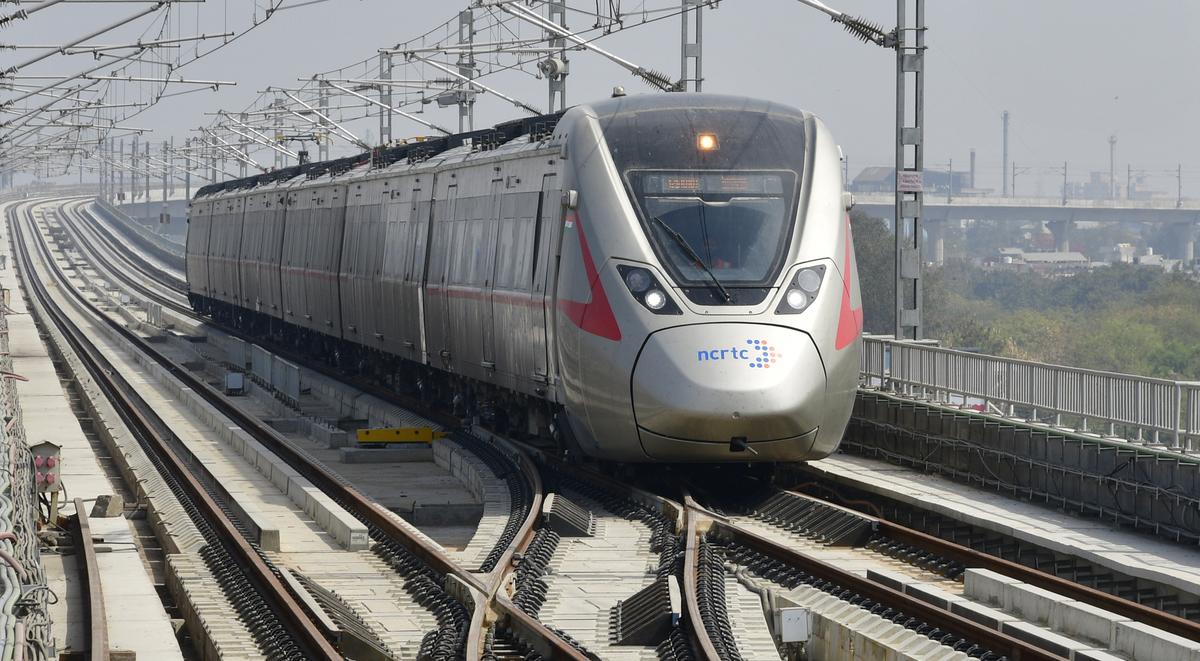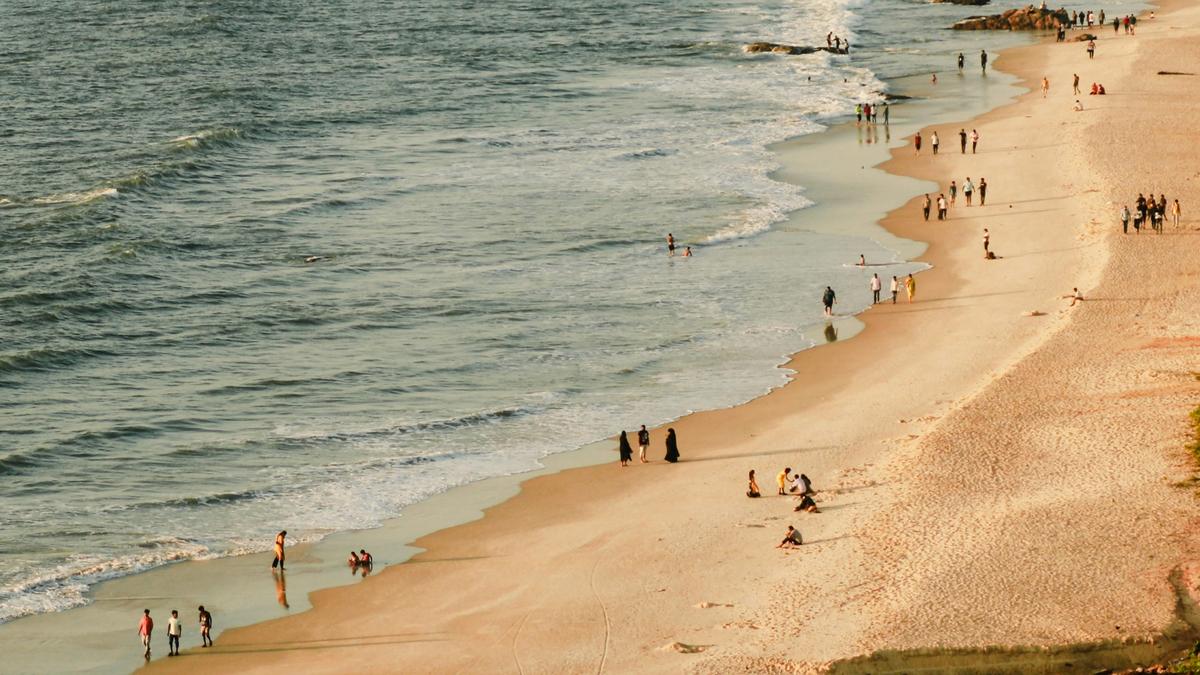- Courses
- GS Full Course 1 Year
- GS Full Course 2 Year
- GS Full Course 3 Year
- GS Full Course Till Selection
- Online Program
- GS Recorded Course
- NCERT (Recorded 500+ Hours)
- Polity Recorded Course
- Geography Recorded Course
- Economy Recorded Course
- AMAC Recorded Course
- Modern India, Post Independence & World History
- Environment Recoded Course
- Governance Recoded Course
- Science & Tech. Recoded Course
- International Relations and Internal Security Recorded Course
- Disaster Management Module Course
- Ethics Recoded Course
- Essay Recoded Course
- Current Affairs Recoded Course
- CSAT
- 5 LAYERED ARJUNA Mentorship
- Public Administration Optional
- ABOUT US
- OUR TOPPERS
- TEST SERIES
- FREE STUDY MATERIAL
- VIDEOS
- CONTACT US
JAPAN’S EARTHQUAKE
JAPAN’S EARTHQUAKE
15-01-2024
Context
Recently Japan has witnessed a series of major earthquakes and issued its highest-level tsunami alert.
About Tsunamis
Aspect |
Description |
|
What is a Tsunami? |
It is a sequence of major ocean waves which result from underwater earthquakes or volcanic eruptions. The word is derived from the Japanese term meaning "harbor wave." |
|
Formation of Tsunami |
Earthquakes create large shockwaves and cause the seabed to shift. Underwater volcanic eruptions forcefully displace water, leading to tsunamis. |
|
Characteristics of Tsunami Waves |
Tsunami waves are very high but their speed decreases upon reaching shallower areas. |
|
Factors of Tsunami Formation |
Tsunamis form based on factors such as the ocean floor's shape and the distance and direction of earthquakes or volcanic eruptions. |
Why is Japan prone to earthquakes and tsunamis?
- Japan faces frequent earthquakes and tsunamis because it's located on the highly active 'Pacific Ring of Fire.'
- This region sees constant interaction among the Pacific, Eurasian, and Indo-Australian Plates, resulting in regular earthquakes, volcanic eruptions, and tsunamis.
No Tsunami Threat to India
- The Indian Tsunami Early Warning Centre (ITEWC) in Hyderabad confirmed that there is no danger of a tsunami for India
- The Pacific Ocean Tsunami Warning Centre (PTWC) and the Japan Meteorological Agency (JMA) issued a warning about a potential tsunami specifically for Japan.


